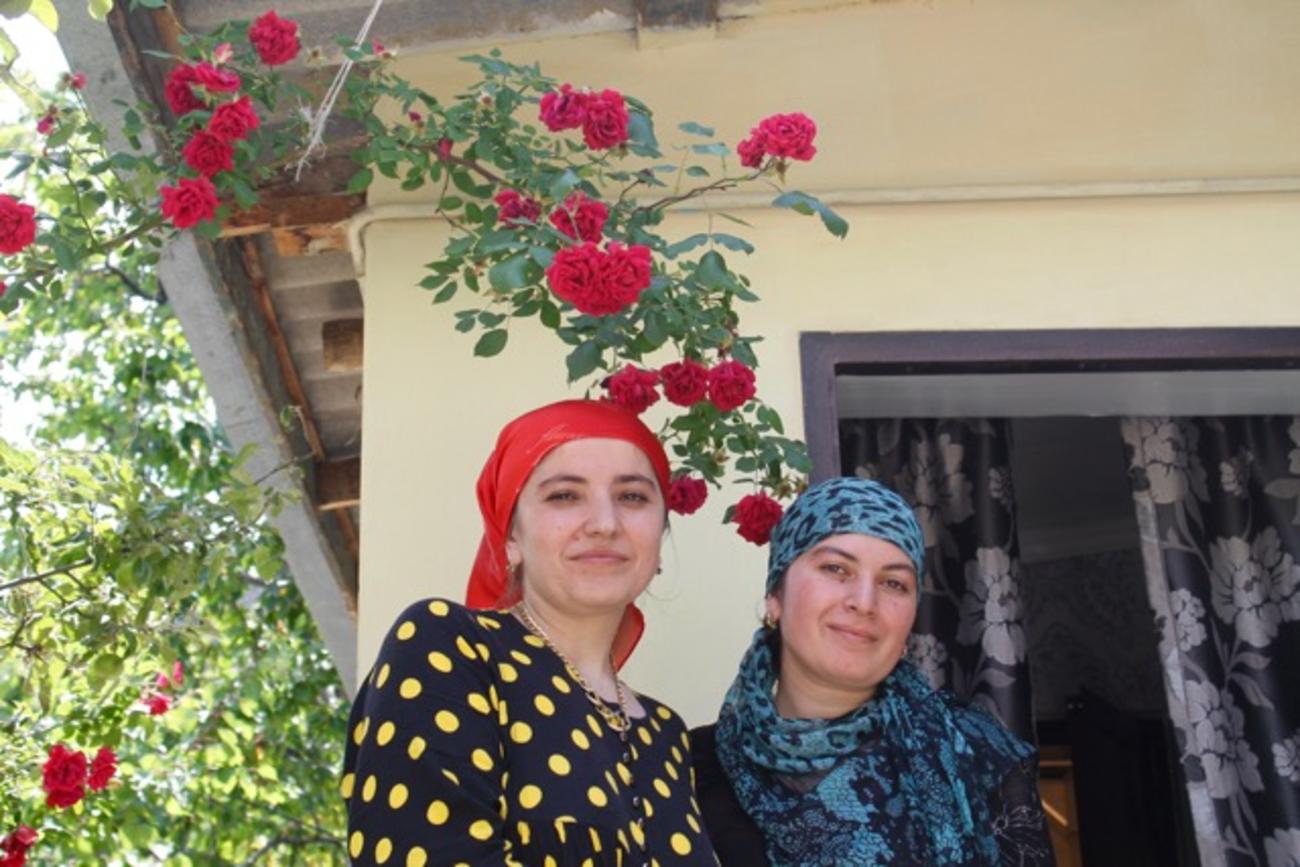Tour Leader Jude Holliday recently returned from our North Caucasus tour, which takes in what was once the most destroyed city on earth as well as the most dangerous place in Europe, but have things changed?
The United Nations in 2003 declared Chechnya’s capital, Grozny, as the most destroyed city on earth. The BBC in 2011 stated that Dagestan was the most dangerous place in Europe.So why did we go to these places? Because it’s now 2017 and things have changed. On our extraordinary journey from Sochi on the Black Sea, to Dagestan’s capital city, Makhachkala, on the Caspian Sea, we’ve witnessed a huge gamut of terrains, architectures, peoples, foods, all with their own unique histories.

To be sure, there are dark undercurrents; Dagestan’s ethnically diverse, intensely tribal inhabitants are not adverse to organised crime, Chechnya, with its armed check-points, policed streets and CCTV cameras is currently in the news for its human rights abuses and negative stance on gay rights. Throughout the east of the region hard-line Islamic groups are trying to take hold. But for now, the North Caucasus remains peaceful and a fascinating part of the world to visit.

Through Krasnodarsky krai, Adygea, Karachay Cherkessia and Kabardino-Balkaria we walked in high alpine pastures, rich with wild flowers and waterfalls in full spate. Newly-built, chalet-style hotels nestle on mountainsides and have such names as ‘Romantika’ and ‘Vertikal’. We looked at 10th century churches; once grand, now defunct but still imposing.

In the spa towns of Essentuki and Pyatigorsk we wandered the quiet, leafy parks and tasted the health-giving mineral waters that are as popular today as they were when the Russians developed the towns in the early 1800s and built neo-Classical and Art Nouveau sanitoria.

Grozy has had vast amounts of money poured into it and is now a modern city with swanky shops on Putin Avenue displaying expensive items. Derbent, purported to be Russia’s oldest city and once a very strategic port on the Silk Route, now has a distinctly holiday sea-side town feel to it. Makhachkala still feels a bit wild-west, with young men driving fast cars late at night. Vast swathes of land are being developed for new apartment blocks although it’s not clear yet who will live in them.


We’ve learnt how to cook Ossetian pies – and have eaten our fair share of them. We’ve sated our appetites on the most fresh and tasty cherries and apricots imaginable, toasted our Dagestani home-stay host with his delicious home-made cognac.
The openness and hospitality shown to us has moved us all. We lost count of the number of times we were invited into simple (and grand) abodes for a cup of tea. Ha! We soon learned that it is never that straightforward; plate after plate of food arrives on the table – cakes, sweets, bread, butter, jam – all homemade – bowls burgeoning with fresh fruits, tomatoes, local cheese. The list goes on. Our hosts talked to us through our local guide, keen to know where we are from, if we like their country, their food, their homes. Proud, independent people, who have suffered through invasions and hideous wars and are keen to build a better future.

There was one instance however where I did wonder about being in the infamous North Caucasus. It was early morning and I decided to catch up on paperwork before breakfast but needed a cup of tea to get me going. I thought I’d see if anyone was around – in the hotel bar, restaurant, kitchen; not likely I thought at 6.30am. I opened the bar door and was bombarded with music; the Doors, ‘The End’ was playing at full volume on a very sophisticated sound system. I was immediately transported to Apocalypse Now, but quickly realised it wasn’t the sanitised film version of the song but the darkly menacing eleven-minute long original. A man who obviously did a lot of body-building emerged from a dark corner. He was wearing sunglasses and sporting an impressive beard. His dagger glinted at one side of his belt, his gun the other. He moved, I thought, to turn the volume down.
“No, no,” I shouted, “leave it, I love the Doors. Any chance of a cup of tea?”
He scowled and lurched off into the gloom from whence he came.
I sat and listened to the music, my heart thumping. Five minutes later the man reappeared carrying a delicate china cup and saucer, which he gently placed on the table in front of me.
“Here is tea,” he said in broken English “I happy you like my music”, he added and almost broke into a smile.
